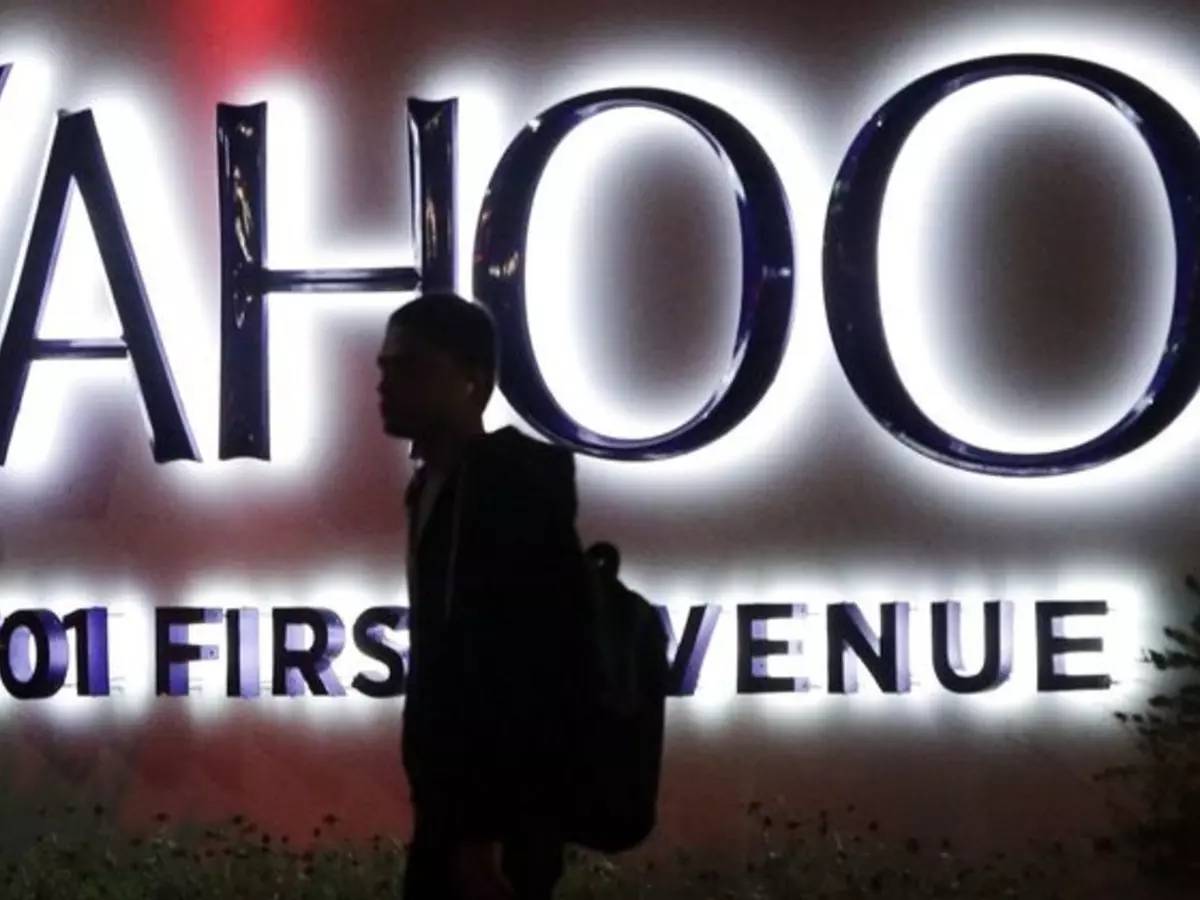Not Buying Google Or Facebook + Other Mistakes That Led To Demise Of Yahoo! - The Internet's Original Homepage
Yahoo's demise wasn't caused by the rise of Google - it was the result of a company that didn't know how to pivot out of their tiny empire that consisted of being a homepage, and a clunky email ID. Yahoo's struggles to resuscitate itself were feeble.

90¡¯s kids remember Yahoo! remember with a touch of nostalgia, almost like one remembers an old household pet they grew up. There were the seedy but functional chat-rooms, the clunky email that Gmail assassinated, and Yahoo¡¯s attempt at being the first thing people did when they logged on (which Facebook killed).

Yahoo's demise wasn't caused by the rise of Google - it was the result of a company that didn't know how to pivot out of their tiny empire that consisted of being a homepage, and a clunky email ID. Yahoo's struggles to resuscitate itself were feeble.
As the company lurches into its first good decision of getting acquired by Verizon, let's look back at how it all went to hell.
1. Ignoring the easiest decision of all - buying Google when it was cheap
Google's algorithm driven search had pretty much nailed the span of the web, and was a clear sign - this is how people WOULD search. Yahoo could have scored this amazing formula for a million dollars - which was nothing in the dotcom era. Instead, Yahoo! thought they'd own the web pretty much forever, and (according to The Google Story' by David A Vise), didn¡¯t want to lose traffic on their own sites to other sites that came on search results.
Here's a passage from the book that explains Google's meteoric rise:

reuters
"...the firm wanted computer users to spend more time on Yahoo. The Google search engine was designed to give people fast answers to their questions by swiftly sending them to the most relevant Web site. The Yahoo directories were designed both to answer questions and to keep people on the Yahoo site, where they could shop, view ads, check their email, play games, and spend more money and time..."
2. Ignoring the second easiest decision of all, buying Facebook
The signs were all there in 2006 - Facebook was going to be around for a while, and keep evolving. FB had survived, despite turning down bids from the likes of Google and Viacom. When Facebook investors showed up to sell the company, Yahoo depreciated the valuation they offered - founder-CEO Mark Zuckerberg expected a billion dollars, but Yahoo reduced it to $875 million.
3. Not salvaging their sinking ship with their last big bid - Microsoft
2016: Yahoo is being sold off for less than 5 billion dollars.
2008: Microsoft tried to buy Yahoo for 44 billion dollars - Yahoo refused.
Erstwhile Microsoft CEO Steve Ballmer had noticed that "the stock market had declined and Yahoo¡¯s business appears to have deteriorated". Yahoo fought back - with extremely ambitious future projections on a graph, and not much else.
4. Whatever the hell they did with Flickr
Photographers use Flickr. The media community uses Flickr. That's pretty much it. The original site however, before Yahoo's acquisition was more of a community driven enterprise, instead of the image dumping ground it is today (before Facebook swooped into that territory)

Yuko Honda flickr
In the explanation given by a senior Yahoo exec, you can see that Yahoo didn't give a shit about #social: ¡°The theory behind buying Flickr was not to increase social connections, it was to monetize the image index. It was totally not about social communities or social networking. It was certainly nothing to do with the users.¡±
But do you know anyone who spends money on Flickr? Nope.
5. Trying too hard to be cool with Tumblr

ap
Realising that they were never going to be cool, Yahoo! tried to be cool by trying to acquire the then bleeding-edge of internet memes and viral content - Tumblr. Less than a year after newly appointed CEO Marissa Mayer joined, she pushed Yahoo to buy Tumblr for 1.1 billion dollars. But Tumblr didn't care about Yahoo, ads, or any corporate sounding buzzwords like "streamlining". Nah, they were here to chill, lurk, check out pages and pages of porn, funny memes, and confessional posts, and were pretty upset with any redesign attempts.
6. Letting Marissa Mayer have a free hand

flickr/TechCrunch
Marissa Mayer made more noise about being a empowered woman than her vision for Yahoo! In contrast, look at Microsoft's new lean machine Satya Nadella, who looks and sounds like ruthless C-Suite.
Any critique of Mayer cannot leave out the legendary thrashing that the Internet's bad boy journalist Milo Yiannopoulos gave her
It begins with pointing that Yahoo's own investor had suggested a hard hitting 10 point turn-around plan in December 2015 that sought to kick her out. In October 2014, Marissa had Yahoo pumping in 20 million dollars to get stake in Snapchat, a purely investment move without any tech wizardry that all other web leaders were striving for.
An year later, Snapchat, which had signed up to use Yahoo! for its 'Discover' feature, had booted them off - Yahoo fucked up again with Livetext, "a hybrid of a German impressionist take on video chatting and this newfangled concept of ¡°texting.¡± You could awkwardly watch, but not talk, as you texted your loved ones and friends."
Did Mayer really have to care? Nope.

rexblog flickr
Only 3.3% of her compensation scheme "will actually be affected by her performance. So really, why should she care how well Yahoo! does? She can just fail upwards to a bigger company. Or even, Heaven for-fend, run for President."
